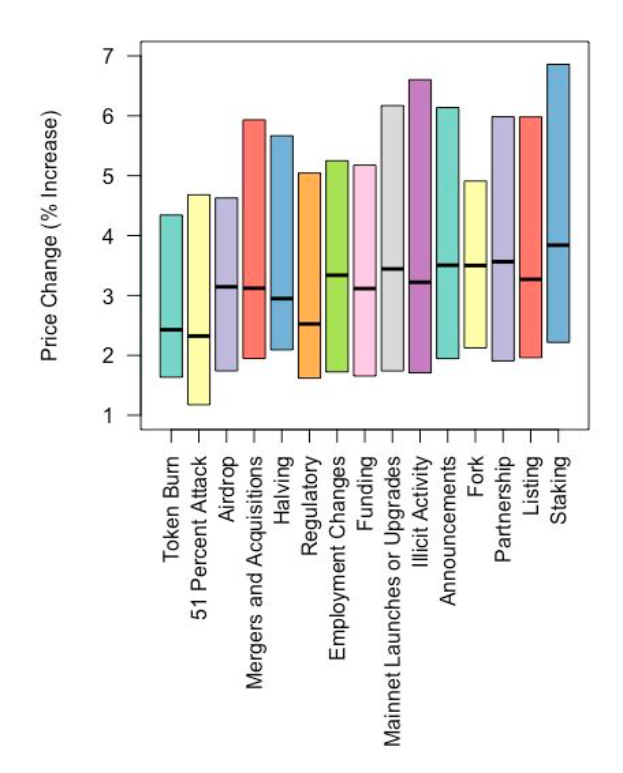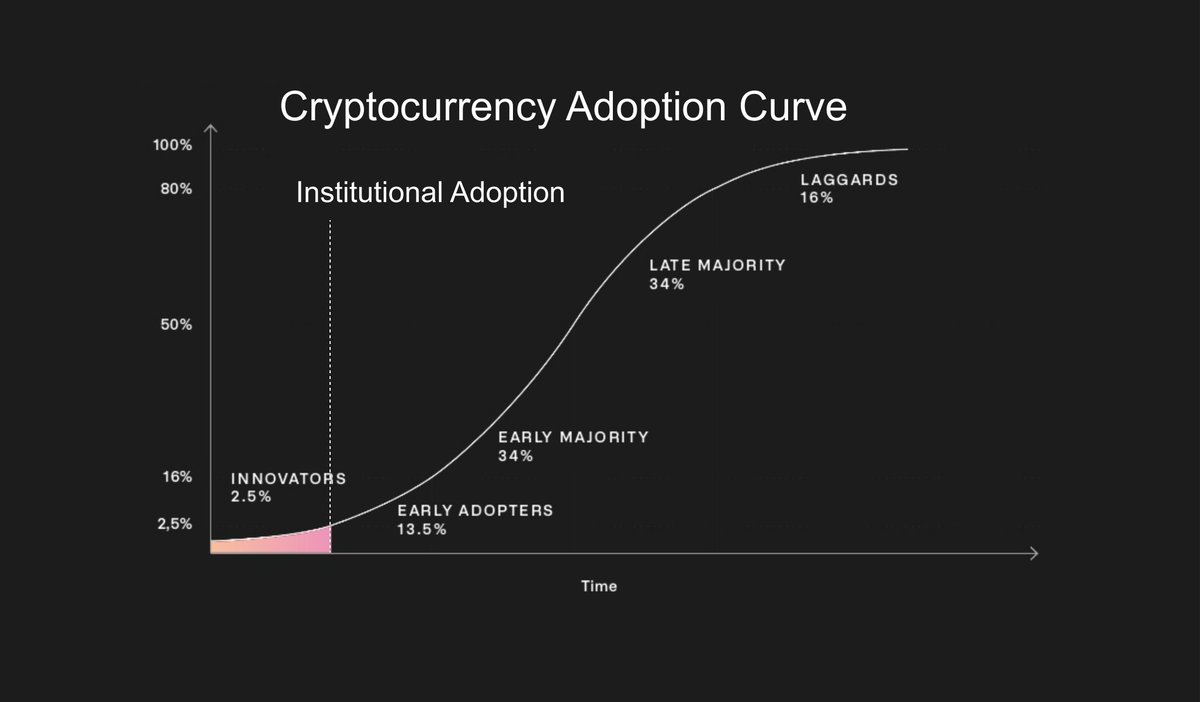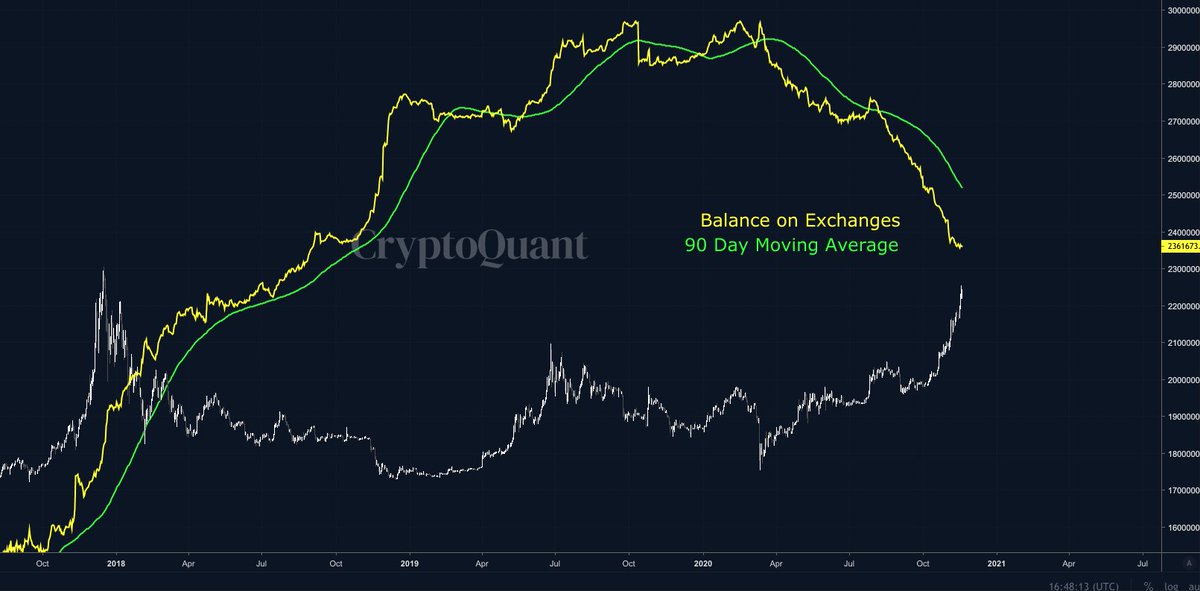As a result, they *can't* compete when BSV achieves higher usage than they can support.
What will it actually take for BSV to succeed?
One big thing, or many small things.
As a result, they *can't* compete when BSV achieves higher usage than they can support.
First, BSV must be able to scale. So far, it looks like the software can handle scale pretty nicely, and folks are working on further improving it.
Second, people must actually use BSV. Adoption. This also drives miners to scale, too.
One big thing, or many small things... Using BSV to work.
See, if we get one large volume business sustainably using BSV, or many small volume businesses doing so, BSV wins.
The "costly revenue" will arise on BSV, so only miners who work will earn it, while the "cheap revenue" will remain on BTC/BCH.
BSV miners will earn both cheap and costly revenue.
Hashing is only one form of Proof of Work in Bitcoin.
There's also compiling and validating transactions, hashing them into the Merkle tree, and communicating with the other miners.
Only BSV miners will maximize profits.
And with that in mind, which coin do you think they'll be more likely to sell, the cheap one, or the costly one?
That gives me incentives to maximize the value of the costly one, because I'll have higher market share.
With one big business using BSV, or many small ones.
But you know what...?

I want to encourage everyone to use BSV, not just one big business, or some small businesses.
Everyone.
I want BSV to win within the next five years.
And that is absolutely within the realm of possibility.
The more ways users have to earn BSV, the more commerce can happen on BSV.
The more ways consumers can use BSV, the more valuable BSV becomes.
The more folks we have building now, the more folks will be attracted to BSV tomorrow. Then, the more will be attracted the day after that.
It's a compounding effect.
More from Crypto
You May Also Like
"I really want to break into Product Management"
make products.
"If only someone would tell me how I can get a startup to notice me."
Make Products.
"I guess it's impossible and I'll never break into the industry."
MAKE PRODUCTS.
Courtesy of @edbrisson's wonderful thread on breaking into comics – https://t.co/TgNblNSCBj – here is why the same applies to Product Management, too.
There is no better way of learning the craft of product, or proving your potential to employers, than just doing it.
You do not need anybody's permission. We don't have diplomas, nor doctorates. We can barely agree on a single standard of what a Product Manager is supposed to do.
But – there is at least one blindingly obvious industry consensus – a Product Manager makes Products.
And they don't need to be kept at the exact right temperature, given endless resource, or carefully protected in order to do this.
They find their own way.
make products.
"If only someone would tell me how I can get a startup to notice me."
Make Products.
"I guess it's impossible and I'll never break into the industry."
MAKE PRODUCTS.
Courtesy of @edbrisson's wonderful thread on breaking into comics – https://t.co/TgNblNSCBj – here is why the same applies to Product Management, too.
"I really want to break into comics"
— Ed Brisson (@edbrisson) December 4, 2018
make comics.
"If only someone would tell me how I can get an editor to notice me."
Make Comics.
"I guess it's impossible and I'll never break into the industry."
MAKE COMICS.
There is no better way of learning the craft of product, or proving your potential to employers, than just doing it.
You do not need anybody's permission. We don't have diplomas, nor doctorates. We can barely agree on a single standard of what a Product Manager is supposed to do.
But – there is at least one blindingly obvious industry consensus – a Product Manager makes Products.
And they don't need to be kept at the exact right temperature, given endless resource, or carefully protected in order to do this.
They find their own way.
Oh my Goodness!!!
I might have a panic attack due to excitement!!
Read this thread to the end...I just had an epiphany and my mind is blown. Actually, more than blown. More like OBLITERATED! This is the thing! This is the thing that will blow the entire thing out of the water!
Has this man been concealing his true identity?
Is this man a supposed 'dead' Seal Team Six soldier?
Witness protection to be kept safe until the right moment when all will be revealed?!
Who ELSE is alive that may have faked their death/gone into witness protection?

Were "golden tickets" inside the envelopes??

Are these "golden tickets" going to lead to their ultimate undoing?
Review crumbs on the board re: 'gold'.

#SEALTeam6 Trump re-tweeted this.

I might have a panic attack due to excitement!!
Read this thread to the end...I just had an epiphany and my mind is blown. Actually, more than blown. More like OBLITERATED! This is the thing! This is the thing that will blow the entire thing out of the water!
Tik Tok pic.twitter.com/8X3oMxvncP
— Scotty Mar10 (@Allenma15086871) December 29, 2020
Has this man been concealing his true identity?
Is this man a supposed 'dead' Seal Team Six soldier?
Witness protection to be kept safe until the right moment when all will be revealed?!
Who ELSE is alive that may have faked their death/gone into witness protection?

Were "golden tickets" inside the envelopes??

Are these "golden tickets" going to lead to their ultimate undoing?
Review crumbs on the board re: 'gold'.

#SEALTeam6 Trump re-tweeted this.






















